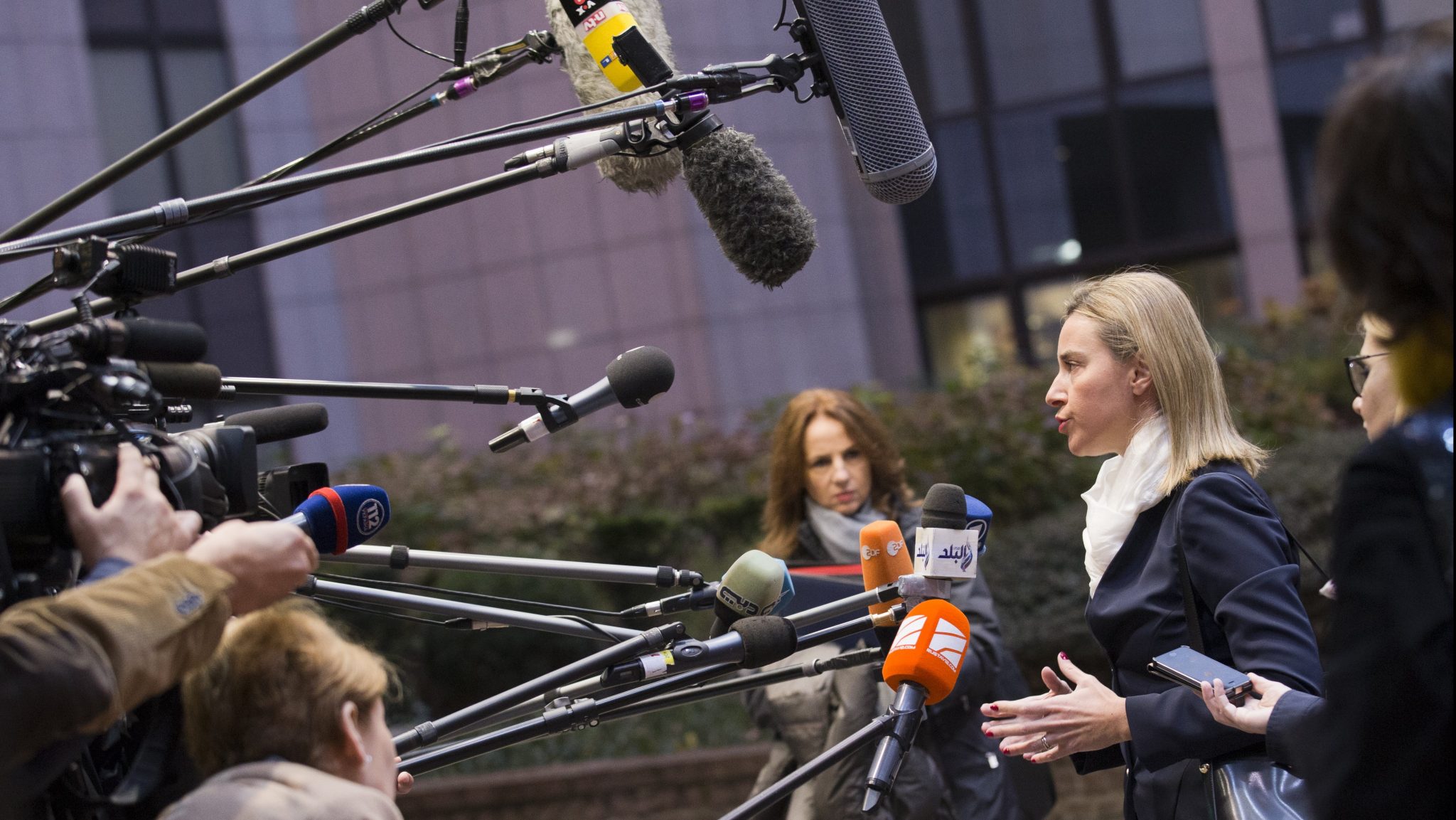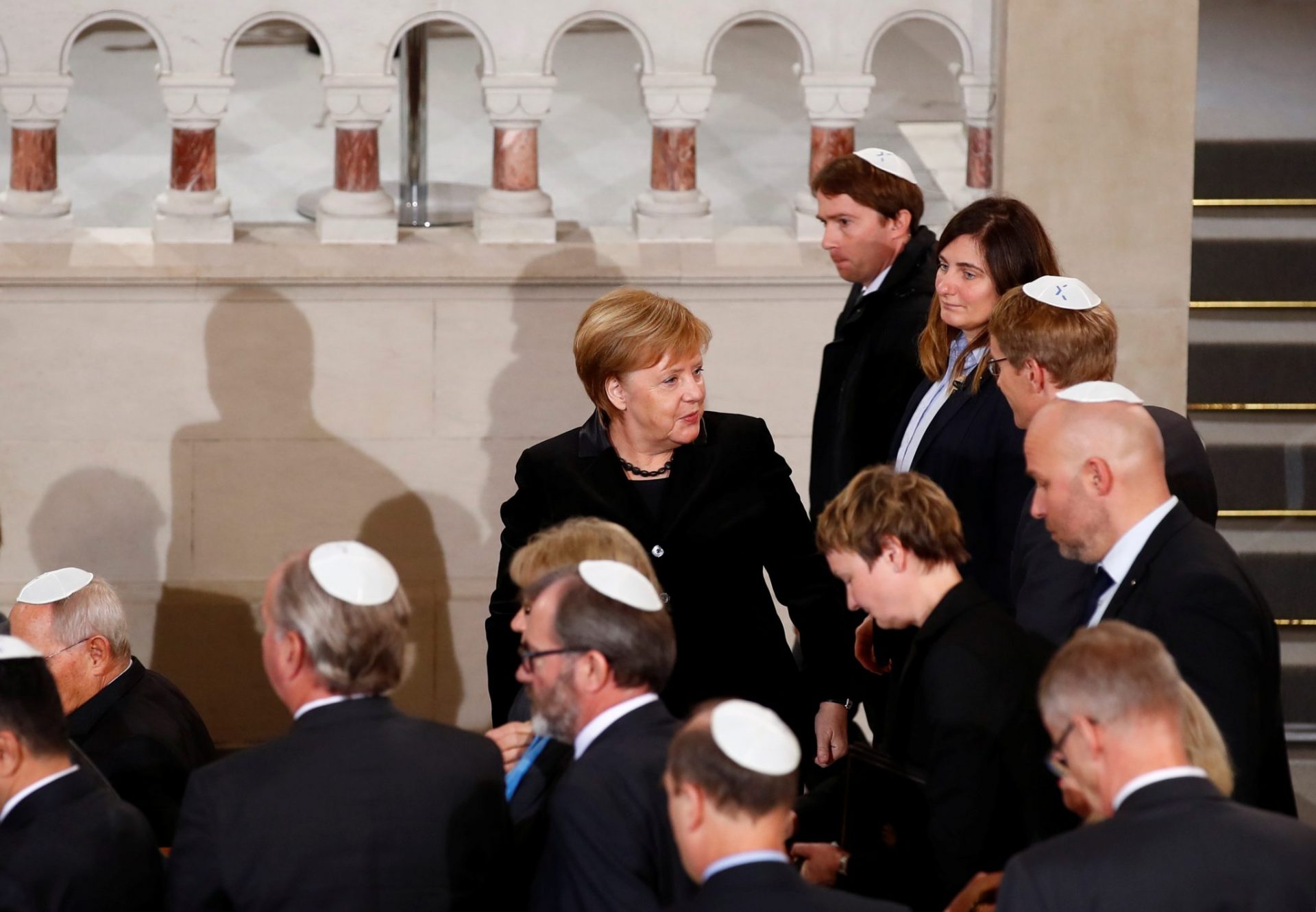
The traditional informal meeting of 28 European Union Foreign ministers took place in Bratislava on 2nd and 3rd of September, 2016, which was hosted by Mr Miroslav Lajčák, Minister for Foreign and European Affairs of the Slovak Republic. The Foreign Ministers’ discussions were chaired by the High Representative for Foreign Affairs Federica Mogherini.
The agenda of this informal meeting was to—focus on Turkey, the implementation of the Minsk agreements and current developments in the conflict in and around Ukraine, the European Global Strategy on Foreign and Security Policy, as well as ways of preventing and countering terrorism and radicalisation.
The meeting gave an important focus on its relation with Turkey. EU foreign ministers amid concerns over human rights that could sink a key deal with Ankara that is meant to keep refugees away from European shores. And with the EU split on how hard to push Turkey, a solution appeared some distance away. Moreover, Turkey is pushing for visa-free travel in the EU for its citizens and is threatening to walk away from the migrant deal if its demands aren’t met. But, Brussels says, it will only allow that if Ankara rolls back a crackdown targeting wide segments of society in the wake of the mid-July abortive coup attempt against Turkish government.
Slovenian Foreign Minister Karl Erjavec highlighted that Turkey will not be changing its migration policy, so there is no fear of a new migration wave in Europe. Ties between the EU and Turkey, a key North Atlantic Treaty Organization member, are also being tested over Ankara’s military offensive in Syria. There was an even strong message from the meeting that—the offensive could turn into a permanent military confrontation.
Whereas, on the implementation of the Minsk agreements, EU foreign affairs chief Federica Mogherini said that they discussed the possibility for the European Union to play a leading role in the reconstruction of the country, in particular and certain regions after the full implementation of Minsk is reached. During the meeting, the EU foreign ministers agreed that the Minsk accords and the Normandy format constitute a framework to deal with the crisis in eastern Ukraine. The kind of activities, include some technical support to activities like de-mining or supporting local governance. This is the key because they can be a basis for hope for the local populations and so encouraging the confidence-building measures.
They also discussed “concrete ideas on how the European Union can do more in this respect—in particular providing support to holding local elections in certain areas of the Donetsk and Luhansk regions once the conditions established by the OSCE/ODIHR are met, giving some attention in particular to the intended OSCE police mission.
On the major concern about the European Global Strategy on Foreign and Security Policy, EU decided that it is not going to get an army of its own in the near future, but in the meantime it should play a greater security role. Member states, led by Britain, agreed with the principle of increased defense cooperation, but balk at the idea of giving up the crucial sovereign right to decide their own security policy.
However, a growing list of security challenges, from the migrant crisis to international terror, has emboldened the EU’s executive arm, the European Commission, and Mogherini to push the idea forward.
Mogherini stated that the foreign ministers were unanimous in backing the concept and she would now work on concrete proposals to put it into effect, suggesting the first operational results could be seen early by spring next year. This will include work on conflicts and crises from the very beginning to the very end: prevention, crisis management, crisis solution, but, also follow-up to crisis and conflicts and building resilience in societies and states around us, in the area around Europe both to the East and to the South, but also in faraway places like in Africa and Afghanistan where the European Union is working a lot with their partners to increase the resilience of populations and institutions.
Moreover, Britain is an important, nuclear armed military power, plus it holds a veto as a permanent member of the UN Security Council. The June vote shocked to quit the EU stoked intense speculation that the other member states might now press ahead with the type of joint defense initiative London had stymied.
During the meeting in Bratislava, the implementation of the Strategy was discussed and it is known that they will deal with the nexus between their internal policies and external work.
On important issues of preventing radicalisation and terrorism or dealing with counterterrorism, or migration, Mogherini intends to work on established migration at the same time on internal measures, and also on external long-term investments in countries of origin and transit and anti-smuggling operation.
Mogherini presented detailed menu of options that they have within the existing Treaties of the European Union of all possible actions that the European Union can take to increase the level of European defence and security policies to the Foreign Ministers.
The implementation that Mogherini proposed is going exactly in the direction that they needed and this will proceed with work so that they respond to the needs of not only the citizens, but also of the partners in the world, that they manage to have a more effective European defence and security. She also proposed ideas that will also elaborate further of using the European Semester to encourage a higher degree of cooperation in the field of security and defence. Moreover, she aims to produce an implementation plan on European defence by the end of this year, in parallel with the work that Commissioner Elżbieta Bieńkowska is doing on the European Defence Action Plan and in parallel with the proposals that she will present on the implementation of the Joint Declaration that has been signed with NATO at the Warsaw Summit in July.
On 16 September, the heads of state or government of the 27 will meet in Bratislava. They will continue a political reflection to give an impulse to further reforms and to the development of the EU with 27 member states. Heads of State and Government will be presented at the meeting and they will discuss all the details that took this in this meeting with the Foreign Ministers.
On the fact that there were many excellent ways discussed for smooth functioning in all the sectors, now only important thing is its implementation for better work.



